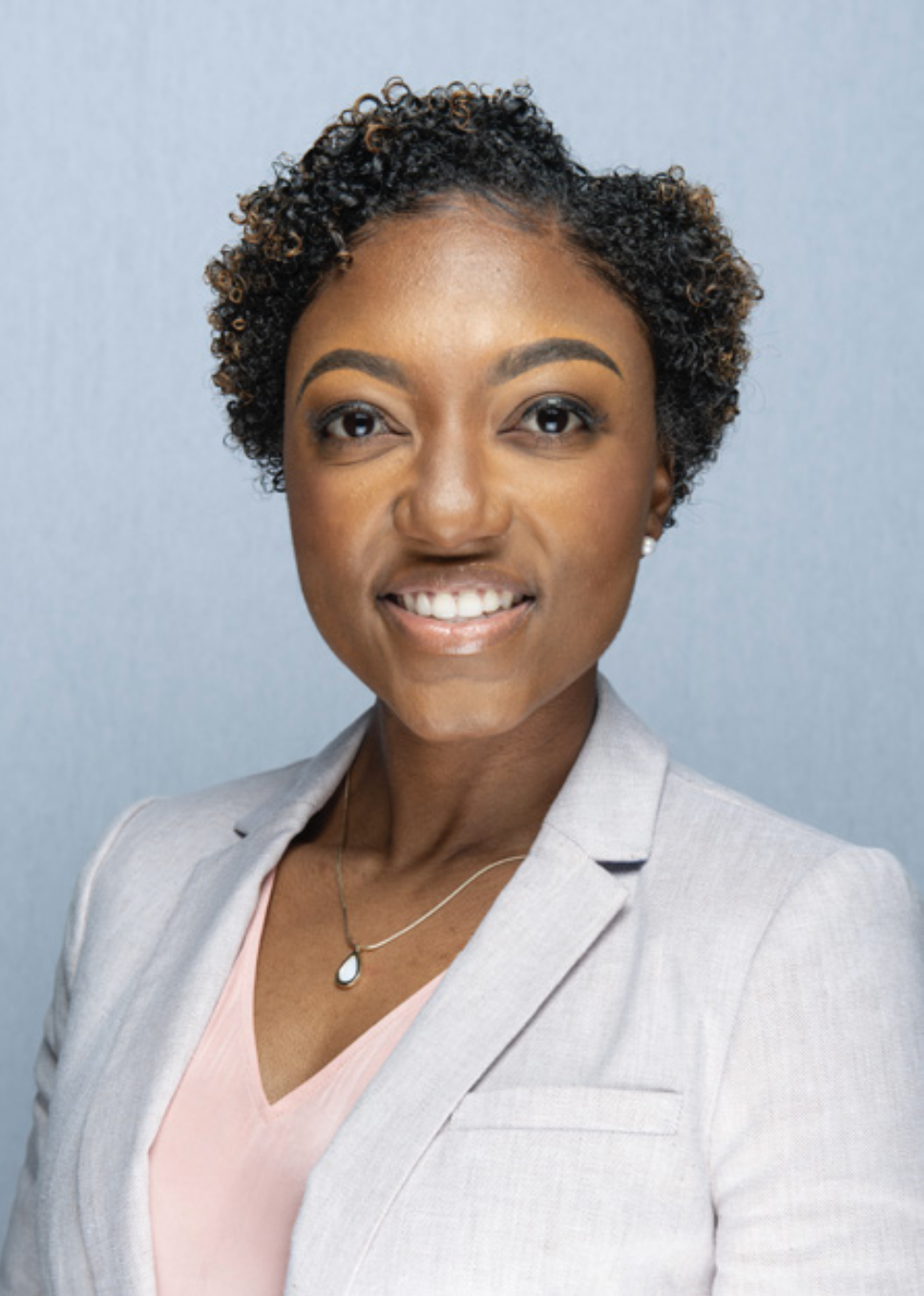EnergyCare is now in a stronger financial position and is helping more and more vulnerable people in St. Louis thanks to supporters …

My name is Aigner Moore and I am a 4th year student doctor at Saint Louis University School of Medicine. In partnership with Tim O’Dea, Executive Director of EnergyCare, I will be providing services to the organization’s current leadership/program. I am contributing to EnergyCare’s platform by conducting health programming around social determinants of health (SDOH) and the relationship between weatherization and health outcomes.
We are building a referral program for client friends and family, virtual wellness checks, and conducting surveys to measure health outcomes, client comfortability, client perceptions, and home satisfaction before and after weatherization. At EnergyCare, we are saving lives by degrees. Our clients deserve a “full seat at the table”, with total autonomy and access when it comes to their health and quality of life. We believe in energy equity and the power that it can have on health equity for our clients.
SDOH are social and environmental factors that affect our health outcomes; poverty, employment, housing security, education, civic participation, discrimination, incarceration, access to health care/literacy, access to healthy food, quality housing, and safe/nonviolent environmental conditions.
When these necessities are stripped from people, it causes detrimental health outcomes, health inequity, and early death in those effected. Health equity does not mean everyone gets the “same” services, but it means that everyone gets all of the services that they need. The study “For the Sake of All” by Washington University and St. Louis University discusses the health inequity experienced by minorities in St. Louis, noting alarming hospitalization and death rates for heart disease, lung disease, cancer, stroke, arthritis, asthma, diabetes, high blood pressure, and mental health. In addition, children with worsening asthma exacerbations lead to increased hospitalizations, missed school days, and increased drop-out rates for minorities.
Here at EnergyCare, we tackle thermal stress and biological/unsanitary housing conditions (quality home and environmental factors) by decreasing energy burden (the total utility bill as a percentage of annual gross income), improving client comfortability, energy efficiency of homes, and creating an atmosphere where energy equity creates health equity. According to the American Council for an Energy-Efficient Economy (ACEEE) organization, the city of St. Louis is top 10 of all US cities for highest energy burden in low income homes, low income multi-family homes, African American homes, and renting households, with energy burdens reaching almost 15%. Of these categories, low income homes have the highest median, followed closely by African American households. Weatherization and energy equity increase health equity by decreasing asthma exacerbation and increasing school days. Decreased thermal stress improves mental health and scarcity mindset. And improved housing quality/ environment allows for reduced disparity in chronic disease ultimately positively impacting our economy and everyone involved.
Be on the lookout for a full report after data collection and services rendered in the upcoming months!
EnergyCare is now in a stronger financial position and is helping more and more vulnerable people in St. Louis thanks to supporters …
Please join us for a happy hour and light snacks on Thursday, September 14, at 4:00-6:00 pm Parish Rectory Community Room …
Jana Ngugi has been serving with EnergyCare for 16 years now and is a valuable team member. Jana graduated from University of …
A study published by the American Heart Association has found the combination of extreme heat and fine particulate pollution (air pollution from …
Volunteers can help with weatherization of our client homes, preparation of Weatherization kits and direct mailer and lead Weatherization groups.

We install home weatherization materials, setup portable heaters and electric blankets, or simply give out standard blankets for immediate warmth. For the heat we install window air conditioners.
